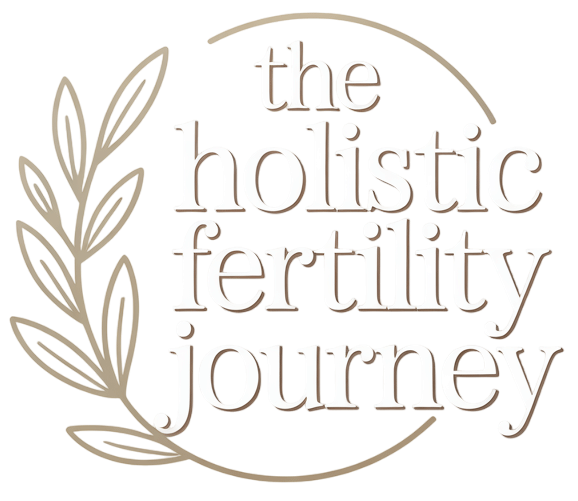Embracing the Whole You: Navigating Stress with Compassion on the Fertility Path
Stress is a companion on almost every fertility journey, but it does not have to be the driver. Embracing holistic approaches means recognizing both the burdens and the strengths within yourself—and seeking tools and communities that foster resilience and gentle self-compassion. Recent data shows that even small, consistent lifestyle and emotional shifts can dramatically affect the body's stress response, offering a new field for hope, growth, and healing (Reproductive Biology and Endocrinology, 2019).
Each fertility journey unfolds uniquely, but what connects them all is the profound power of nurturing the entire self: body, mind and heart. By tending to the ordinary moments of care, connection and rest, anyone can transform stress from a silent saboteur into a gentle signal for deeper self-nourishment, and perhaps, a renewed sense of hope along the path to parenthood.
